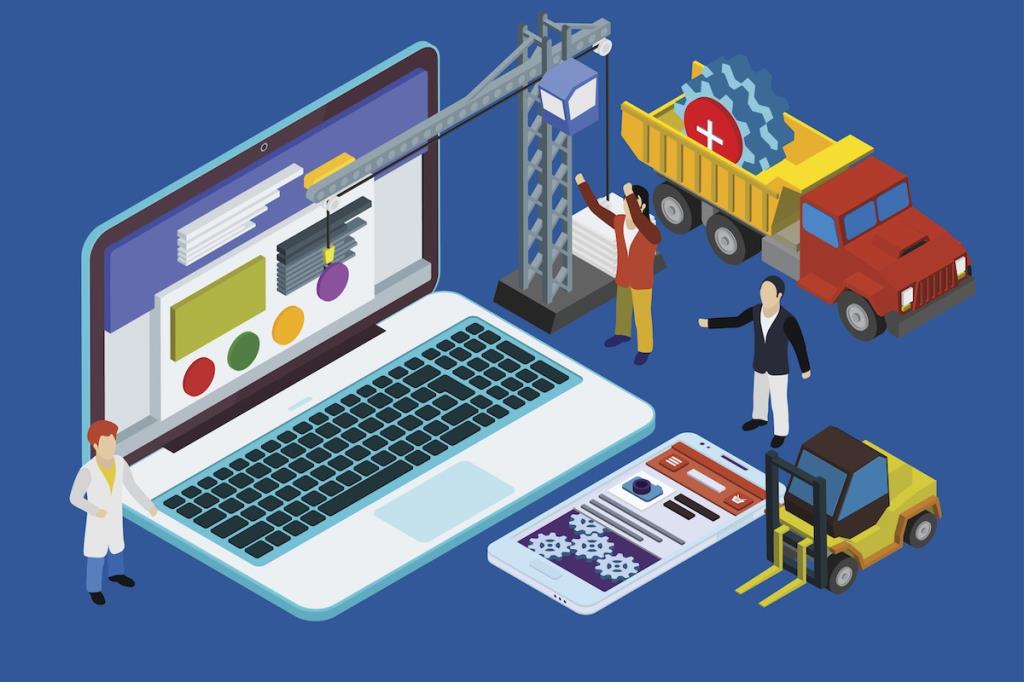Continuous Integration/Continuous Delivery (CI/CD) is a software development practice in which the entire software development life cycle is automated, from idea to release.
CI/CD can help improve the quality and speed of software development by ensuring that all code is checked into a centralized repository, and that automated tests are run on each change.
In this article, we’ll outline seven CI/CD best practices for implementing CI/CD in your organization. Hopefully, these tips will help you get started on the path to a more automated and quality-focused software development process.
CI/CD has become increasingly important as organizations have become more complex, with multiple applications and services that need to be released at different times.
Today, I will be discussing seven best practices for implementing CI/CD in your organization.
1. Establish a CI/CD pipeline
The first step in implementing CI/CD is establishing a pipeline. This pipeline should include all the stages of the software development life cycle, from planning to testing to deployment.
2. Automate the build and test process
The build and test process should be automated as much as possible to reduce the time and effort required to execute these stages.
3. Use automated tools
Tools like Jenkins and Selenium make it easy to automate the testing process.
4. Automate the reporting process
The reporting process should also be automated to ensure accurate and timely information is available to decision-makers.
5. Use version control
Version control is essential for tracking the progress of the development project and for recovering from failures.
6. Use governance and governance processes
Governance and governance processes help ensure that everyone in the organization understands and follows the CI/CD policies and procedures.
7. Train everyone involved in the CI/CD process
Train everyone involved in the CI/CD process to ensure that the process is executed smoothly and that all the necessary steps are taken to ensure quality software development.
Devops Vs Devsecops: What’s The Difference?
Devops and devsecops are two popular computer security terms that are often confused with each other. In this article, we will explore the difference between devops and devsecops and help you decide if one is a better fit for your business.
Devops is a software development method that expands and integrates various parts of the software development life cycle (SDLC) into a cohesive whole. Devops is characterized by a continuous flow of information and ideas between developers, QA, and operators. This flow allows for better coordination and communication between teams, reduction in defects, and faster time to market.
Devops is different from traditional software development in that it emphasizes the collaboration of different teams instead of the siloed development approach. Devops is a software development methodology that is commonly used in the modern world.
Devops is different from devsecops in that devsecops is a subset of devops that focuses on security. Devsecops is a term that is used to describe the process of protecting software systems from unauthorized access, changes, and unauthorized disclosure.
In short, devops is a software development methodology that emphasizes the collaboration of different teams, while devsecops is a subset of devops that focuses on security. The key difference between devops and devsecops is that devops is about expanding and integrating various parts of the SDLC into a cohesive whole, while devsecops is about protecting software systems from unauthorized access, changes, and unauthorized disclosure.
Conclusion
In this article, we have explored the difference between devops and devsecops and helped you decide if one is a better fit for your business. Devops is a software development methodology that emphasizes the collaboration of different teams, while devsecops is a subset of devops that focuses on security. The key difference between devops and devsecops is that devops is about expanding and integrating various parts of the SDLC into a cohesive whole, while devsecops is about protecting software systems from unauthorized access, changes, and unauthorized disclosure.



